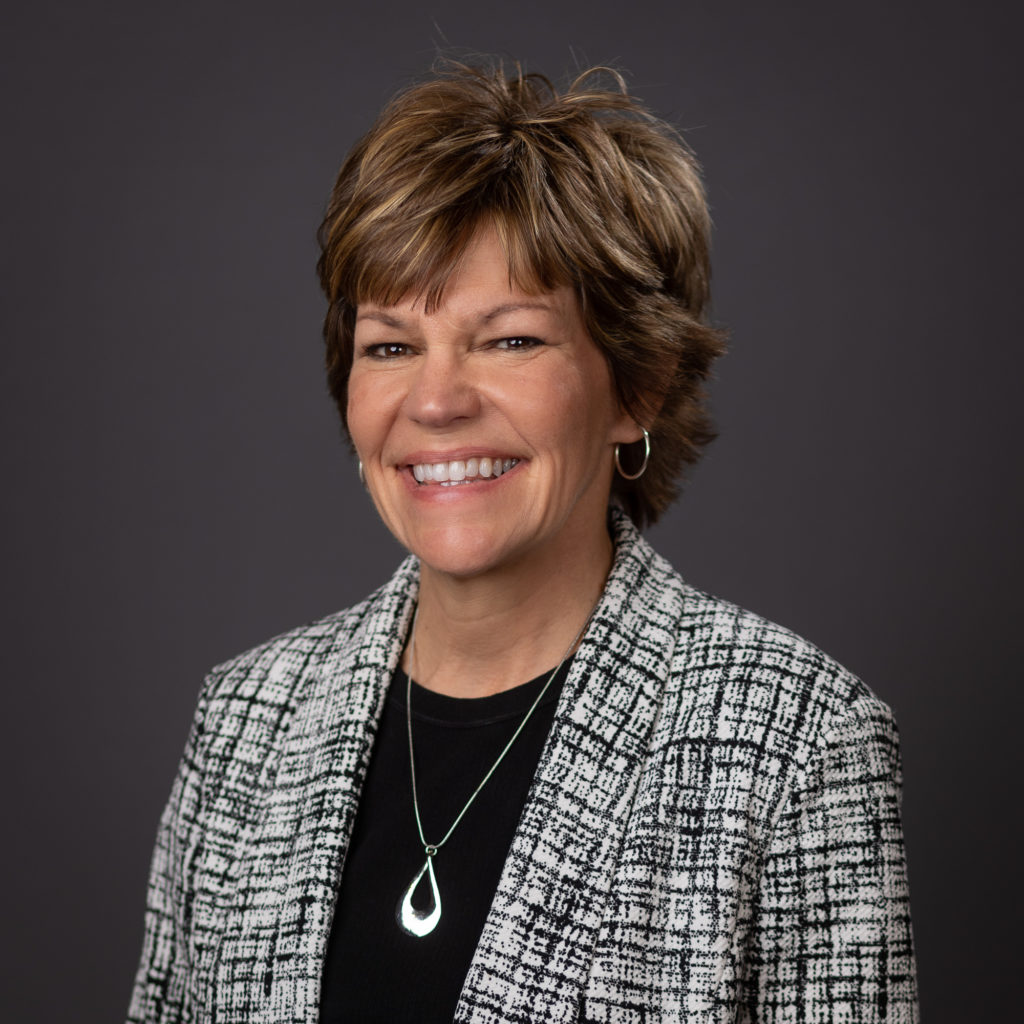Bringing Your Retirement
Plan Home June 2022 By Wendy Fetters

You’ve planned your entire life for retirement, looking forward to the time when you can step away from the workforce and spend your days doing the things you love. Many people think about retirement as the time they can follow their passions – spend time in the garden, enjoy your grandchildren, travel, even start a new venture. Many seniors have ‘second act’ careers (more than 40% of startups are created by Boomers).
While you may have planned out all that you want to do in retirement, do you have a plan for how you’re going to age well and who will be there to support you along the way?
Coordinating the future you want takes careful planning to account for several unknown factors, especially if you have chosen to age in your own home. About 90 percent of aging adults would prefer to stay in their homes for the rest of their lives and avoid assisted living environments, but many people fear they won’t be able to get the care they may need that these facilities offer. Yet, with thoughtful planning now, remaining in your own home as you grow older is an achievable long-term goal.
Proactive Planning is Key – and It Starts with Knowing Key Considerations
Effective plans for staying in your home start with determining how you want to live and applying your finances to that, while understanding and closing the gaps in your personal care networks, federal health care programs, and long-term care insurance.
Realizing that in addition to financial security you’ll need a support system, a space that will safely accommodate you as you age, and someone with knowledge around the aging process to advocate for your health and coordinate the necessary care when you need it, is where many plans fall short.
There are programs (often referred to as Continuing Care At Home, Life Care At Home, or Continuing Care Retirement Communities without Walls) that take into consideration many of the gaps people encounter as they age in their homes and help to fill the voids.
As you work to build out your plan, here are three big areas to think about:
- Planning for healthy aging. You want to stay actively engaged in the world, vigorous, and pursuing purpose for as long as possible. To live well, you’ll want resources you can call upon for help with eating well, staying fit, constantly learning, interacting with friends, serving others, contributing to your community, and feeling valued. If you’re particularly resourceful, you can satisfy these needs as you go along. If not, you can seek out community or professional services. Just don’t leave it purely to chance.
- Care management. Health care is perhaps the trickiest part of aging at home. In institutions, the processes are established, repeated, and optimized. Coordinating your own in-home care can be messy, time-consuming, and overwhelming. The more overwhelmed (or infirm) you are, the greater the stress can be on friends and family members. And when these friends and family members take part in your decisions, they may lack the necessary objectivity, judgment, and training to make the best choices for you.
Fortunately, these issues have led to the development and growth of professionals who are on hand to handle the challenge: care coordinators. A care coordinator is a personal care assistant who helps work with you to develop your healthy aging plan. They serve as a liaison with your care professionals and services, and advocate for your health. They visit your home first-hand to see you, and ensure you are safe and have what you need. They make sure the care you receive aligns with the plan you develop with them. They get to know you and how you want to live your life and then work on your behalf to make sure any and all services you may require are set up for you and are aligning with your plan. Whether you have the flu or broken hip, care coordinators are there to take care of your needs, and not only the medical ones.
- Care coverage. No matter how healthy and active you are now, there’s an 80% chance that you will need long-term care. And it’s expensive. As you ensure your future independence, it’s crucial to plan carefully for who will manage your care, how it will be paid for, and if you have long-term care insurance, if it will be enough to cover all of the care services you may need.
Also, be sure to check out non-profit options for long-term care management and for help covering costs of long-term care. If you can secure a lifetime guarantee of care and services with a sensible upfront investment, that will provide a lot of peace of mind.
Planning for Home
Creating a solid plan for aging is challenging for even the most skilled planners. There was a time where it was thought that ‘aging in place’ wasn’t really a plan at all. Now, with proactive planning and the help of programs that bring together healthy aging plans, care management services, and help covering long-term care costs, seniors may successfully live out the lives they want in the place most dear to them, home.





